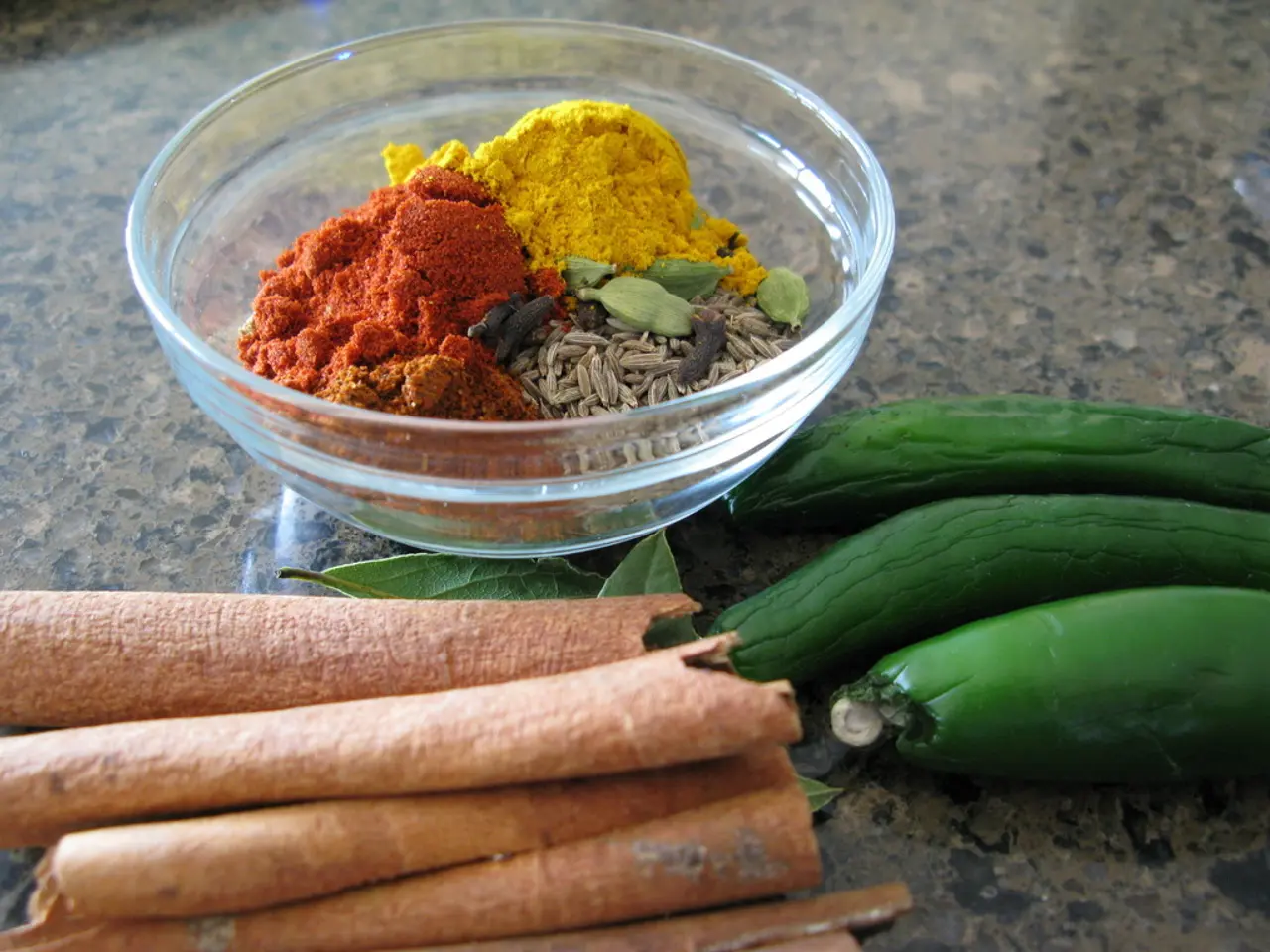Amplify Your Muscle Development: Natural Foods Acclaimed for Enhancing Testosterone Levels
In the pursuit of muscle growth and enhanced physical performance, a well-balanced diet rich in nutrient-dense foods can play a significant role in supporting testosterone production. Here's a breakdown of some key foods and how to incorporate them into your daily meals.
To add avocados to your diet, consider slicing them for toast, blending them into smoothies, or using them as a creamy topping for salads and tacos. Rich in monounsaturated fats, avocados support hormone synthesis and overall health.
Oysters, particularly shellfish, are extremely rich in zinc, an essential mineral for maintaining testosterone levels and supporting male fertility. To enjoy oysters, they can be eaten raw with a squeeze of lemon, added to seafood stews and pasta dishes, or replaced with zinc supplements.
Fatty fish like salmon, tuna, mackerel, and sardines are rich in omega-3 fatty acids and vitamin D, both shown to be associated with higher testosterone levels. Incorporate these into your diet by grilling or baking them for lunch or dinner, paired with leafy greens such as Swiss chard or kale.
Spinach and other leafy greens are good sources of magnesium, a mineral critical for testosterone synthesis. Tom, a 28-year-old lifter, noticed reduced fatigue during workouts and better post-exercise recovery after adding spinach to his daily diet.
Nuts and seeds, such as almonds, pumpkin seeds, and walnuts, are rich in healthy fats, zinc, and magnesium-key nutrients for testosterone production. Snack on a mix during the day or add them to oatmeal and yogurt.
Eggs are a powerhouse of nutrients that support testosterone production, with protein, healthy fats, and cholesterol being key components. Mike, a 30-year-old gym enthusiast, noticed increased energy during workouts and improved muscle definition after eating three eggs for breakfast daily.
Pomegranates are rich in antioxidants, supporting cardiovascular health and testosterone production. To add pomegranates to your diet, you can drink pomegranate juice, add the seeds to salads, or enjoy them as a snack.
These dietary changes contribute to cholesterol, vitamins D and magnesium, and minerals like zinc and boron—all cofactors in testosterone production and bioavailability. A diet rich in these nutrient-dense, whole foods can contribute to muscle development and overall physical function by stimulating muscle protein synthesis, strength gains, and recovery.
While dietary approaches support hormone health, individuals with significantly low testosterone or clinical hypogonadism should seek medical evaluation, as natural diet changes alone may be insufficient. It's essential to maintain a balanced diet that emphasizes healthy fats, lean proteins, and vegetables to achieve optimal hormonal balance and support muscle growth and physical performance.
Incorporating pomegranates, rich in antioxidants, into meals allows for support of both cardiovascular health and testosterone production, as they can be enjoyed as a snack, added to salads, or drunk as juice. Nutrition-wise, almonds, pumpkin seeds, walnuts, and other nuts and seeds, which are rich in healthy fats, zinc, and magnesium, can be snacked on throughout the day or added to oatmeal and yogurt to aid in testosterone production.




